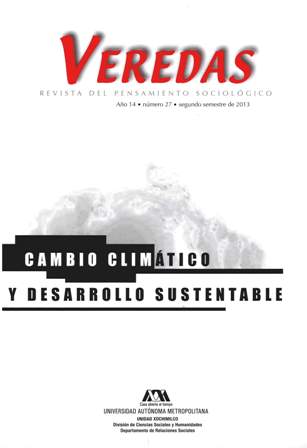El conocimiento local sobre el cambio climático de mujeres y hombres pescadores en la costa de Yucatán
Keywords:
conocimiento local, pesquerías, contaminación, cambio climático, sobreexplotación pesquera.Abstract
Several biophysical changes have occurred in the sea off the coast of Yucatan, probably due to the effects of climate change, which have increased alterations in the behavior patterns of aquatic organisms, and in turn the livelihood concerns of women and men fishing in Yucatan State. Scientific information is often insufficient for explaining the phenomena observed by local inhabitants. In this paper we use local knowledge as an alternative source of information for studying changes in the octopus’s habitat, and that of its bait the Maxquil crab, which account for the environmental problems faced by the fishermen and women. The question that guided the study was: What is the usefulness of local knowledge in confronting and escaping the tragedy of the decline of coastal and marine resources as they face climate change? The study is an approach to environmental changes as observed by 86 divers and 14 women harvesters of octopus bait. It was conducted during 2010-2012 in four municipalities along the coast of Yucatan State. The information was obtained from group meetings in three municipalities and a coastal police station, attended by a total of 100 fishermen. The women harvesters of Maxquil crabs for use as bait were visited, and 14 interviews were obtained. It is suggested that there are variations in the sea temperature and that these are tending to increase. The ecological problem, over-fishing, pollution, and factors that may be causing changes in the habitat and consequently the behavior of the octopus are addressed. Reference is made to the voices of fisherwomen and men regarding their knowledge of the tribulations involved in depending on the sea, and the risks entailed in living as divers. Finally we reflect on the implications of this problem for the coastal towns of Yucatan State, based on the notion of the tragedy of the commons (Hardin, 1968).





